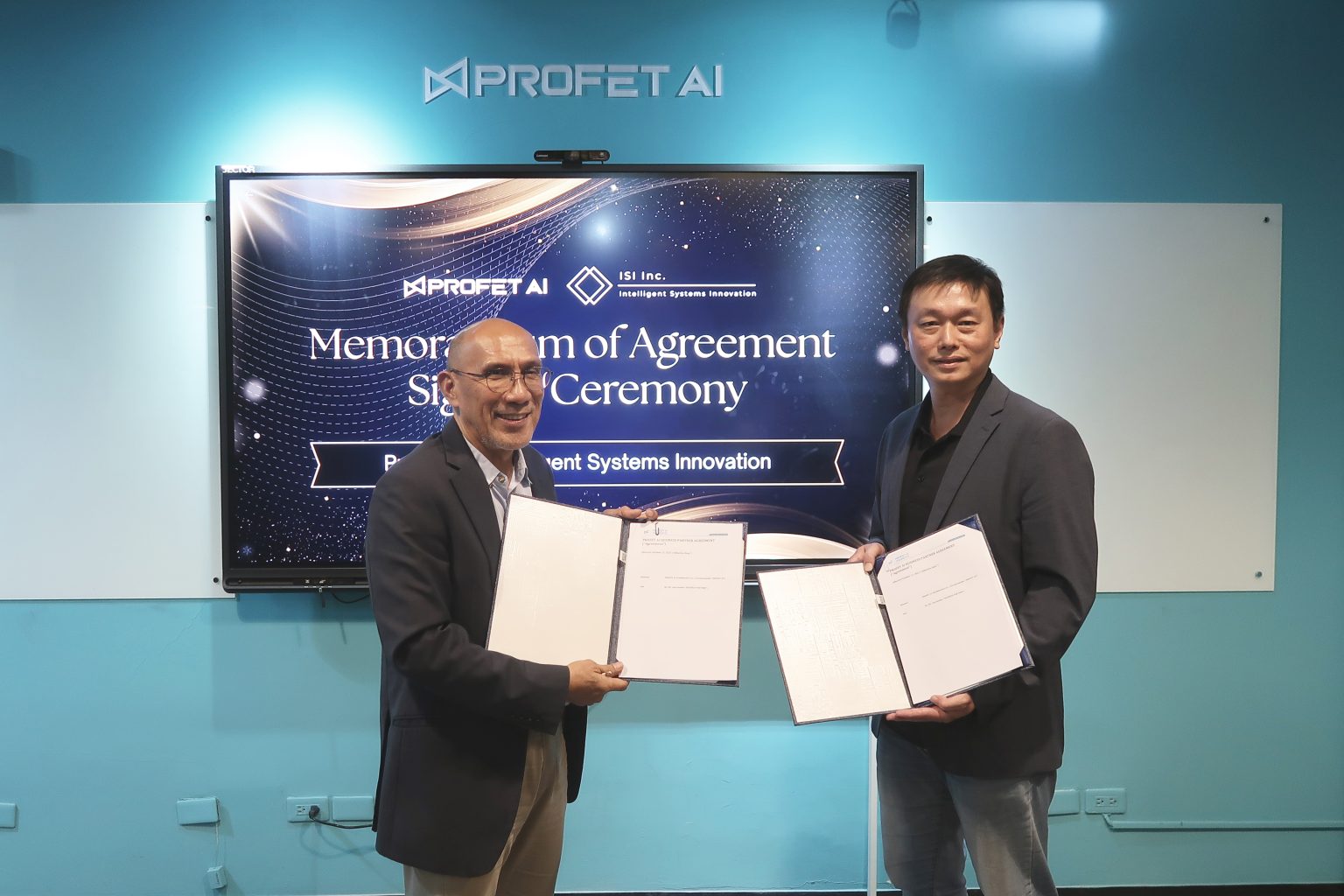
Profet AI and Intelligent Systems Innovation (ISI) Sign Memorandum of Agreement to Advance AI Transformation in the Philippines
Profet AI and Intelligent Systems Innovation (ISI) Sign Memorandum of Agreement to
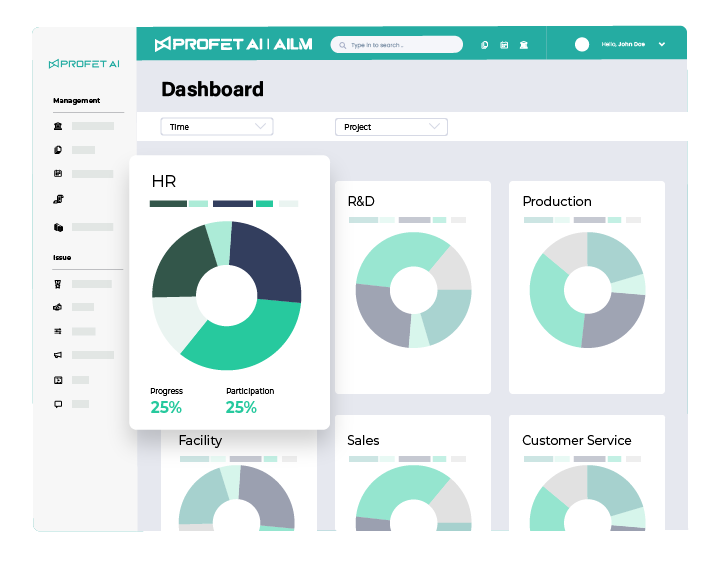
AILM helps businesses find where AI can be used in their operations by providing a knowledge base of AI applications, dashboards to track AI projects, and examples of how AI is being used in different industries.
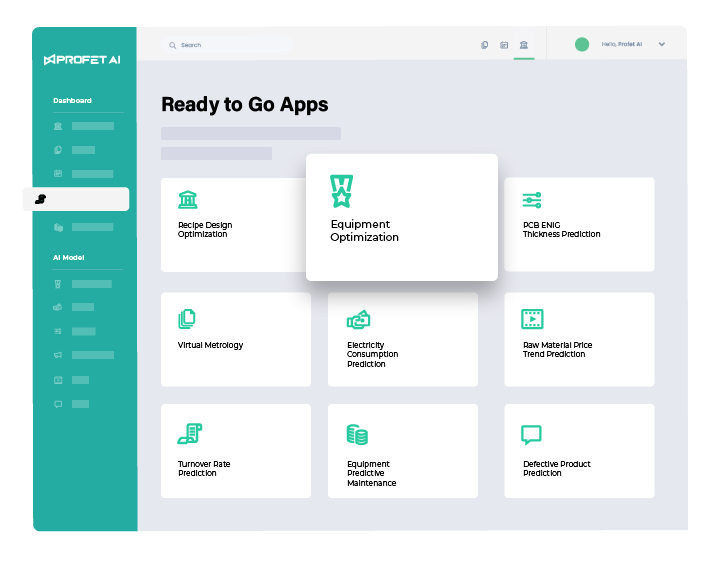

Through a variety of strategies, AILM helps managers improve their decision-making ability to evaluate AI project execution and allocate resources in the best way.
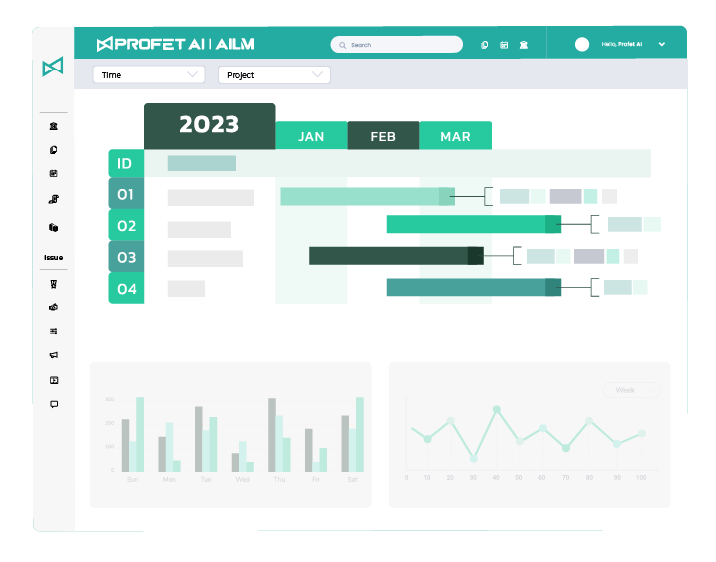

By tracking team progress and data in real-time, AILM helps you stay up-to-date on your execution and maximize your benefits.


AILM consolidates critical AI topics and processes for enterprises, laying the foundation for enterprises to accelerate AI adoption.
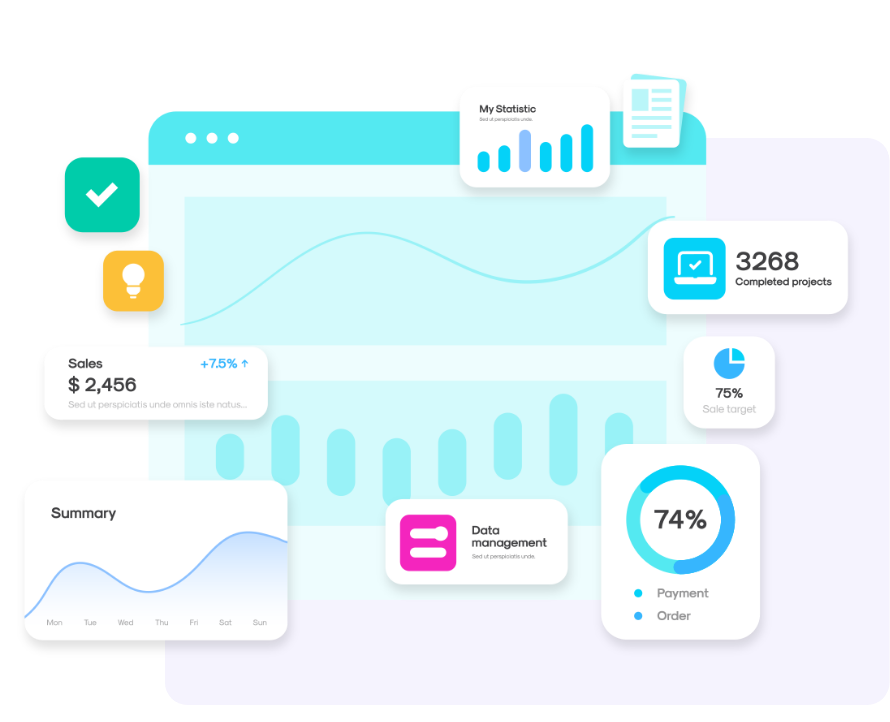

Currently, enterprises are transitioning from “management standardization” based on past experiences to “process standardization” following systematic workflows. However, with the rise of AI and the advent of GenAI technologies, progressive companies should advance “judgment standardization” with data analysis at its core to enhance their competitiveness.
AILM helps enterprises achieve AI workflow standardization, effectively managing the complete lifecycle of each model from concept to actual application. Based on data analysis, AILM enables more intelligent operations and business learning and forecasting!
Profet AI AILM, combined with AutoML, integrates AI application development and deployment, from topic exploration to model building, completing the entire AI lifecycle within the enterprise. AutoML’s No-code format further reduces the usage threshold, integrating AI tools into daily workflows!
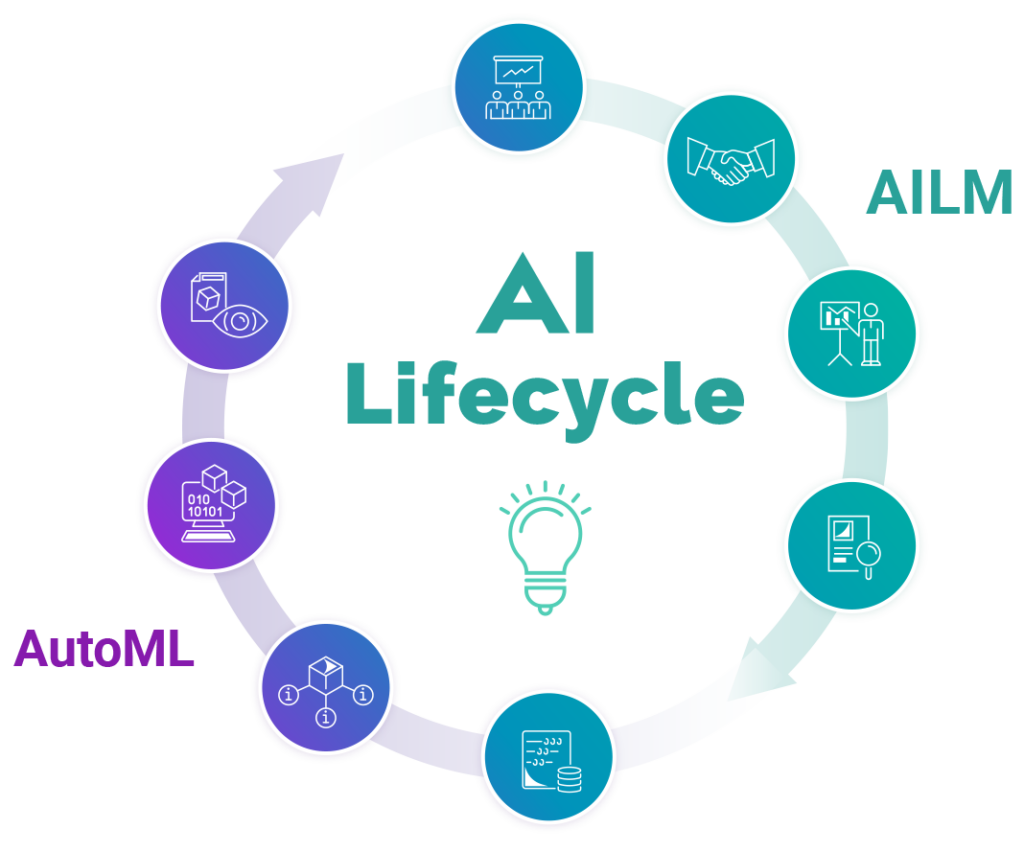


Profet AI and Intelligent Systems Innovation (ISI) Sign Memorandum of Agreement to
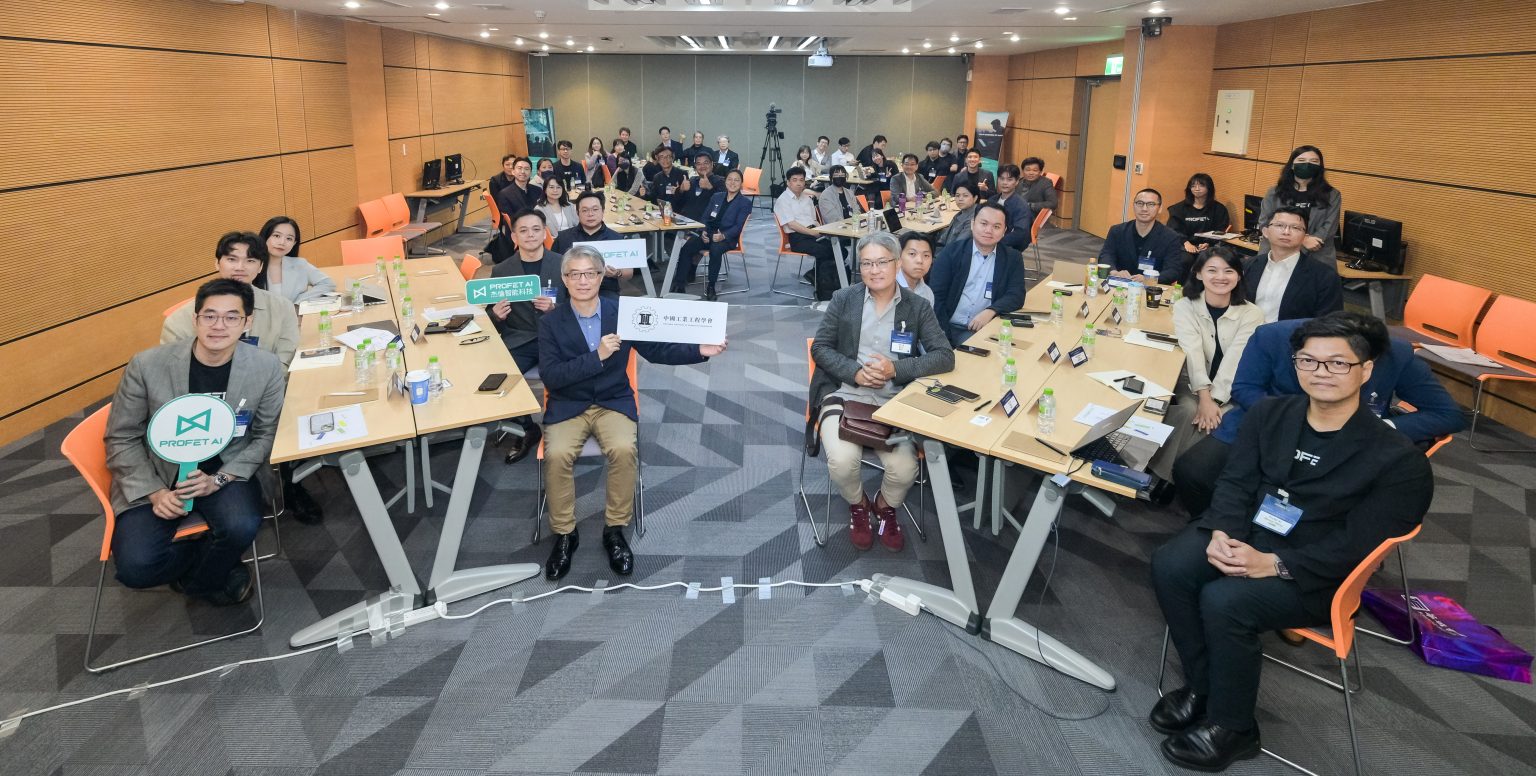
AI Enters the “Second Half”: How Profet AI Turns Investment into Real
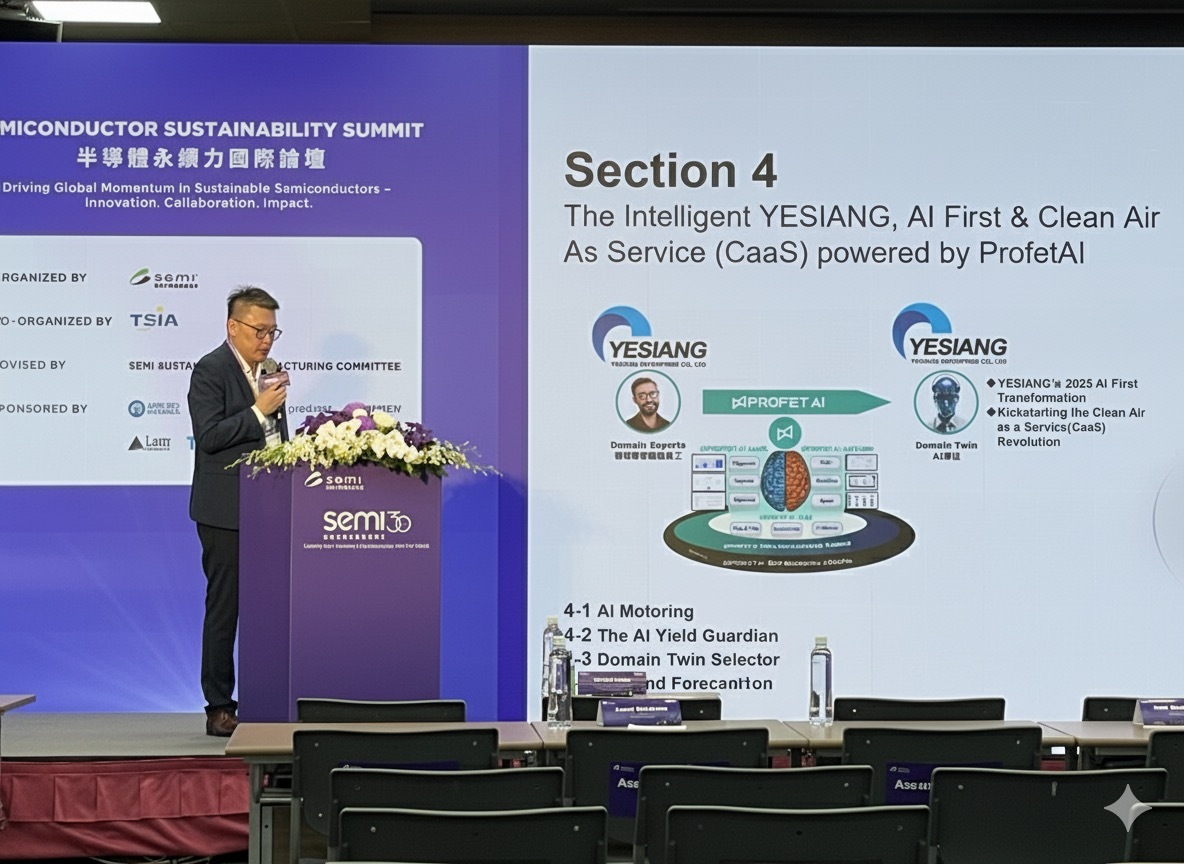
Redefining Semiconductor Sustainability: Profet AI and Yesiang Unveil First-Ever CaaS with Domain